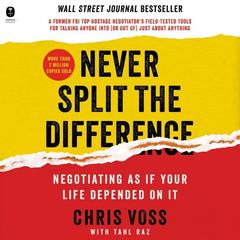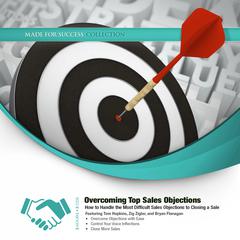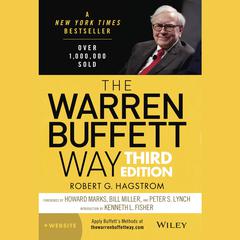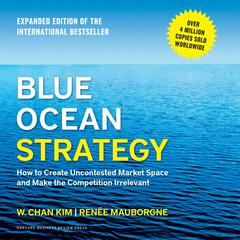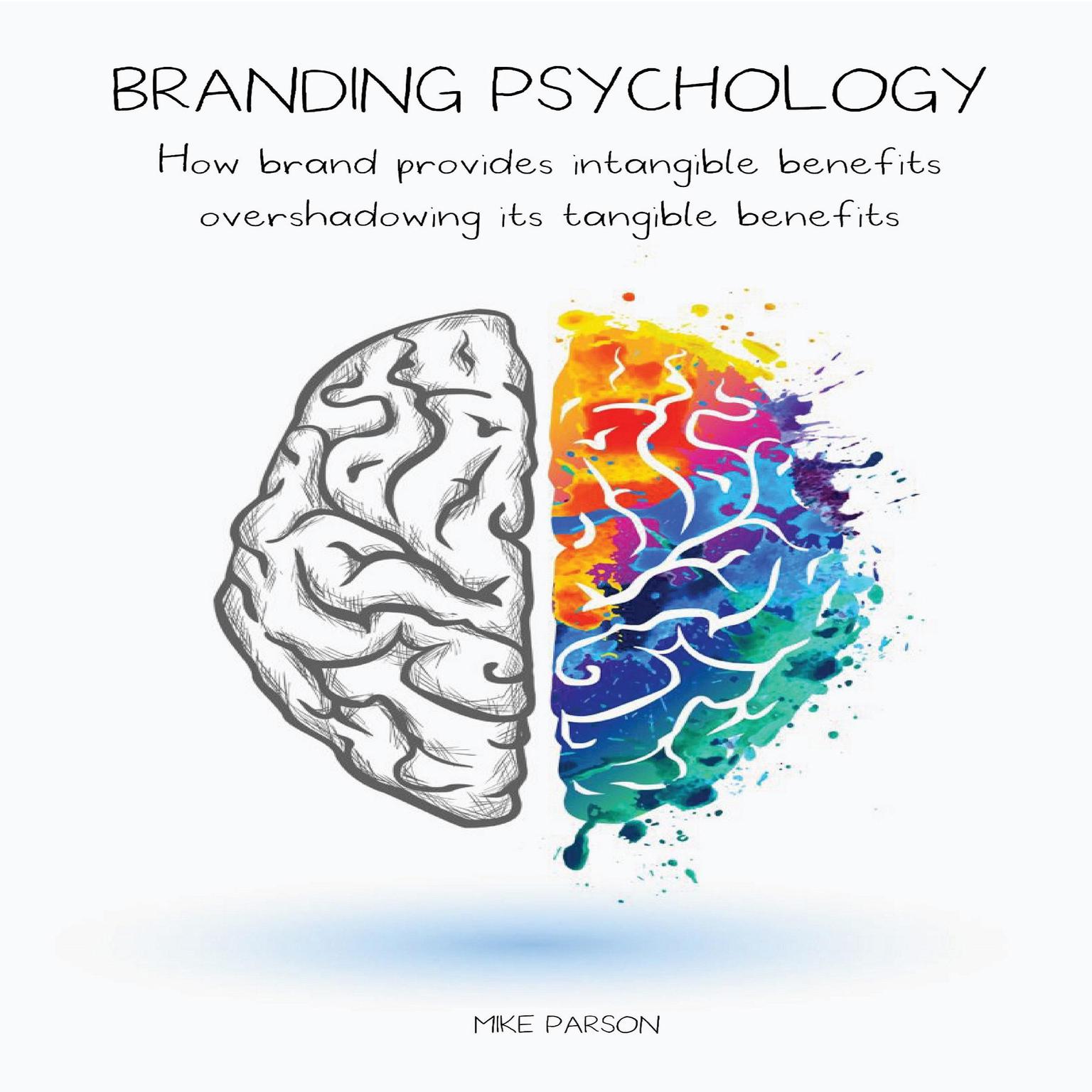 Play Audiobook Sample
Play Audiobook Sample
Branding Psychology Audiobook
 Play Audiobook Sample
Play Audiobook Sample
Quick Stats About this Audiobook
Total Audiobook Chapters:
Longest Chapter Length:
Shortest Chapter Length:
Average Chapter Length:
Audiobooks by this Author:
Publisher Description
Numerous studies have shown that people buy feelings and experiences, not things. When you see a cute puppy, certain hormones fill your brain, becoming loving and affectionate. You don't care about the exact hormone process in your brain, but the puppy certainly makes you feel good. There is an intense psychological component to marketing a business or creating a successful brand. In essence, branding is designing a campaign to induce popularity and loyalty among customers. To do this, one must understand the audience's psychology, giving you the ability to entice consumers who will mentally connect and relate to your brand's identity. Every individual consumer has an entirely separate and possibly stressful life outside your market. Busy lives mean that consumers do not have the mental bandwidth to consider every product on the market. To establish a long-lasting relationship, the brand provides intangible benefits that sometimes overshadow the tangible benefits. It is getting tougher with the explosion of communication technology, where people stay connected to update information. The emergence of branding topics has been witnessed with the blast of branding categories that apply to manufacturing and service industries. The brand is a logo, symbol, name, or design that creates a trademark or signature that distinguishes goods or services. Building a strong provides additional value that looks simple from the customer's point of view but is a great deal for a firm to survive the stiff competition in the market. The brand is a critical element to superior quality products, especially in the saturated market; hence, a trusted brand must satisfy customer needs and deliver excellent quality on attributes that matter to customers, low cost of quality, overall cost leadership, and effective positioning.
Download and start listening now!
Branding Psychology Listener Reviews
Be the first to write a review about this audiobook!





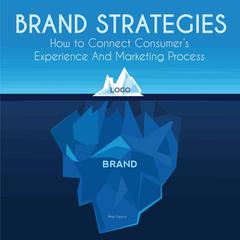
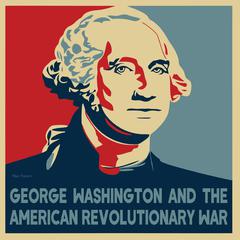
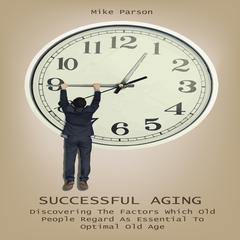
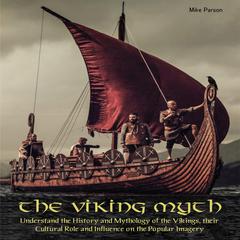

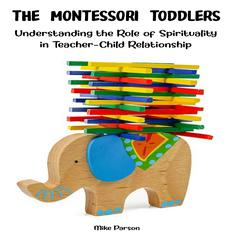
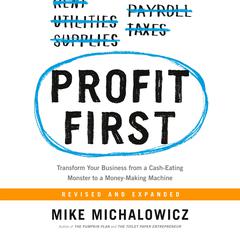
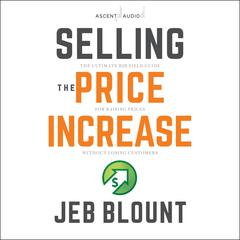
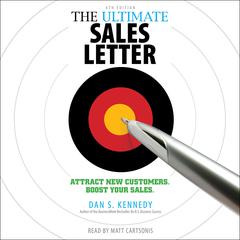
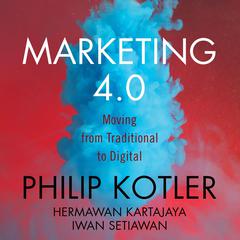
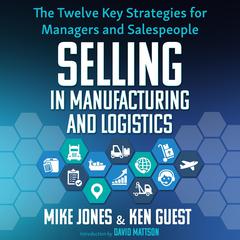
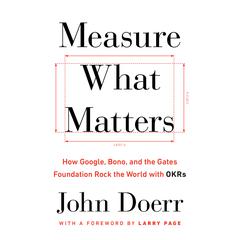
![Black Rhetoric [Russian Edition]: Unfair Methods of Conducting Discussions Audibook, by](https://media.audiobookstore.com/c/e/cehi/cehi-square-240.jpg)
